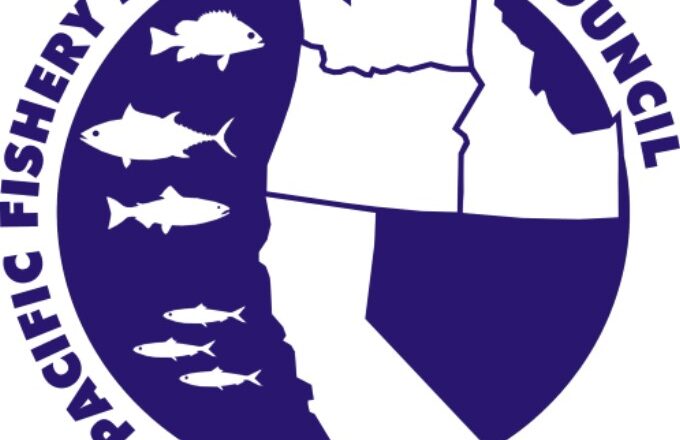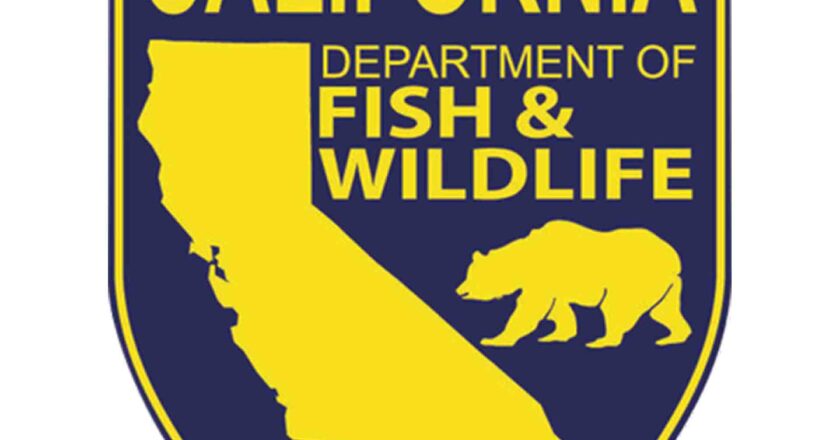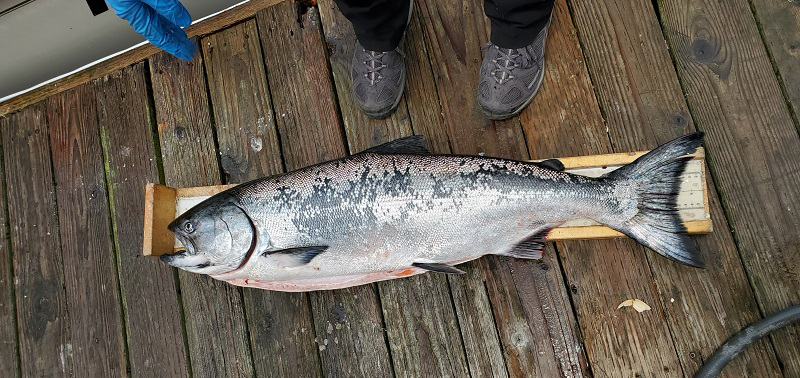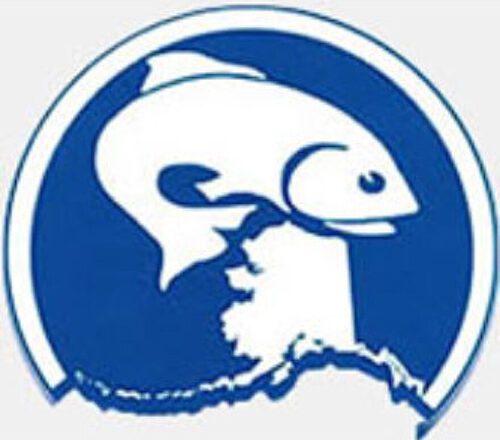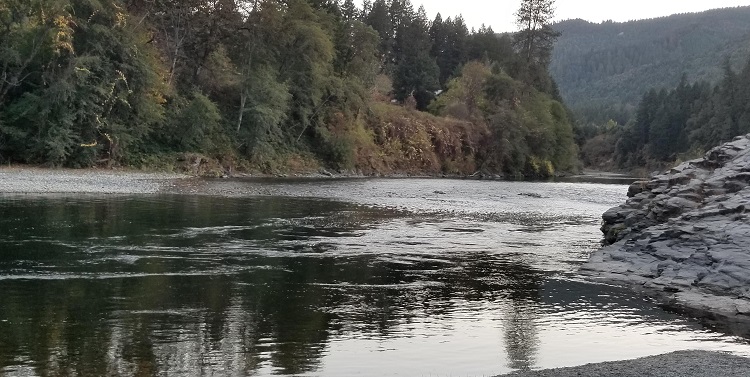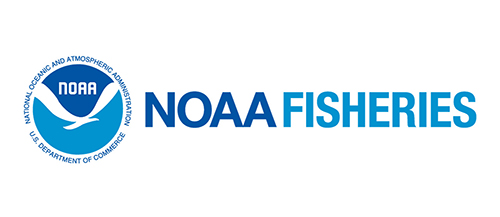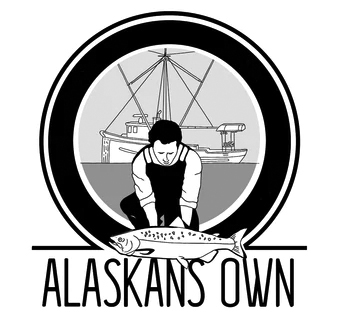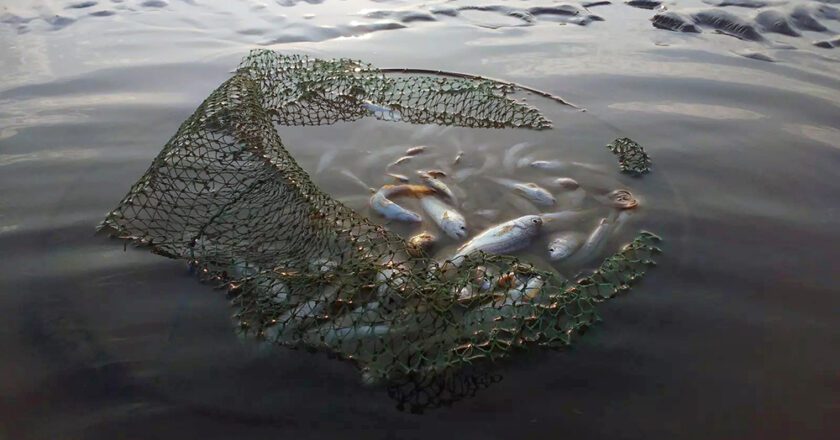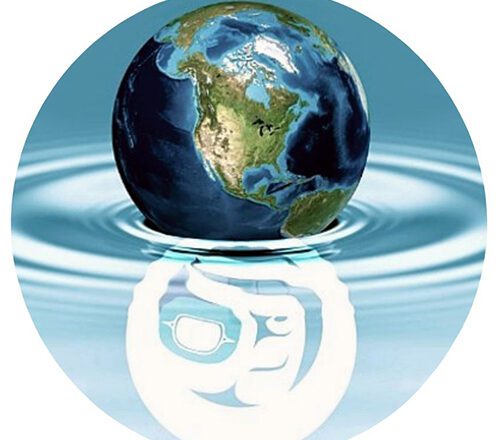PFMC Recommends Closing California’s 2023 Ocean Salmon Fisheries
On April 6, the Pacific Fishery Management Council (PFMC) unanimously voted to recommend a full closure of California’s commercial and recreational ocean salmon season due to a variety of factors.
This action follows recent projections showing Chinook salmon abundance off California’s coast is at historic lows.
It’s expected that the National Marine Fisheries Service will take regulatory action to enact the closure, effective in mid-May. In addition, the California Fish and Game Commission is expected to consider whether to adopt a closure of inland salmon fisheries during a May 17 teleconference.
“This decision, while difficult, is intended to allow salmon to recover in order to provide future fishing opportunities, California Department of Fish and Wildlife (CDFW) Director Charlton ...

